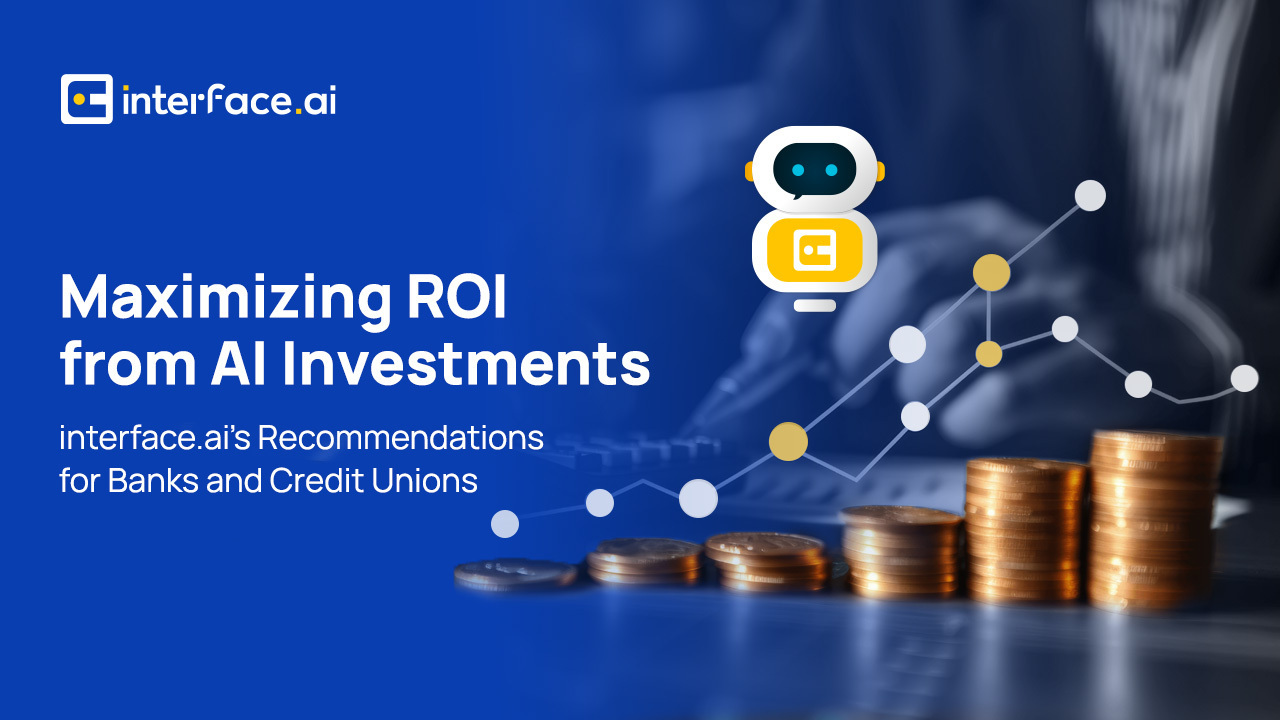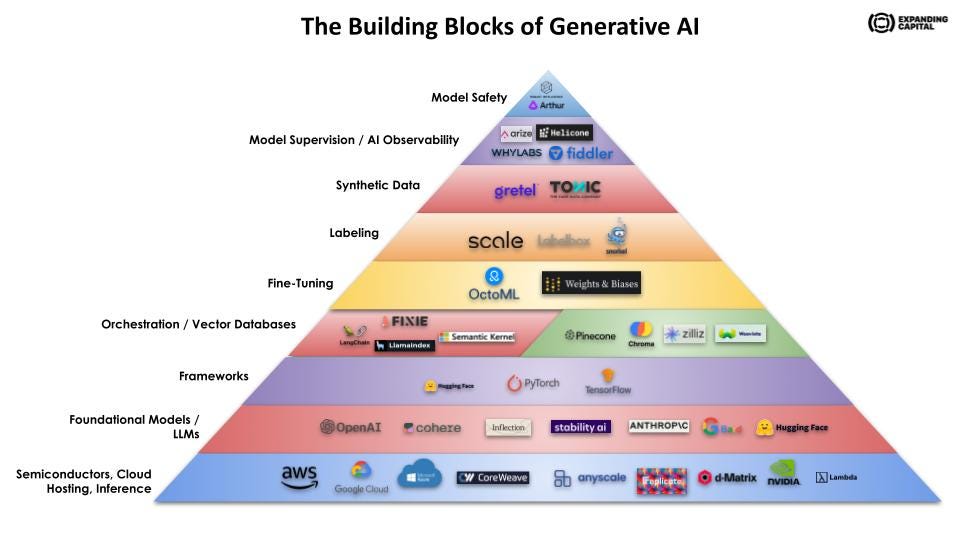The $22 trillion question hanging over Wall Street
We’re sorry, this feature is currently unavailable. We’re working to restore it. Please try again later. Add articles to your saved list and come back to them any time.
Late last week, artificial intelligence pioneer OpenAI closed the book on its $US6.5 billion ($9.5 billion) latest funding round, a raising reportedly massively oversubscribed. Its new investors are betting that the first mover in the scramble to develop generative AI will dominate the fledgling industry and its eventual profits.

In fact, with the capital raising based on a valuation of $US150 billion, the prospective investors are also effectively committing their funds in the hope that OpenAI will eventually become a multitrillion-dollar business.
Among those who queued up to hand over their cheques were Thrive Capital (the venture capital firm headed by Josh Kushner, younger brother of Jared, Donald Trump’s son-in-law), which has committed more than $US1 billion. Apple, Nvidia, Microsoft, and the United Emirates-sponsored AI investment fund MGX are also apparently in that queue, which reportedly contained several billions of dollars more than OpenAI was seeking to raise.
The Future of OpenAI
Investors in early-stage, speculative technology investments look for opportunities that might provide at least 10 times their investment and often many times more. At 10 times the valuation provided by the fundraising (which would be a very modest return by venture capital standards), OpenAI would be valued at $US1.5 trillion. As a point of reference, Facebook’s parent, Meta Platforms, is valued at about $US1.4 trillion.
A complication for the investors is that OpenAI has an unusual corporate structure, which it is considering changing. It was originally conceived as a not–for-profit that would maximize the benefits of AI to humanity rather than the more conventional commercial goal of maximizing profits.

The strain of funding development of its AI products, however, forced it to create a for-profit subsidiary in 2019, governed by the non-profit board. Profits were capped, in line with more optimistic venture capital aspirations, at a maximum of 100 times the investments made in the not-for-profit entity, into which Microsoft has already pumped about $US13 billion.
The AI Race
Amazon also has a $US4 billion investment in OpenAI competitor, Anthropic, one of a broad range of AI start-ups – several launched by former OpenAI founders and one, xAI, backed by Elon Musk – scrambling to build their own generative AI models.
Each of the members of that formidable group of competitors is investing multiple billions of dollars every quarter in AI, with Google and Amazon both saying they will invest more than $US100 billion each over the next decade.
Challenges and Opportunities
While OpenAI does have revenue – annualised, about $US3.4 billion this year and hopes of doubling that next year – the revenues being generated by AI aren’t yet anywhere close to justifying the scale of investments being made.

That widening gap between massive investment and meager returns is causing some angst among shareholders in companies like Google and Amazon.
The hype around AI drove the share prices of the “Magnificent Seven” to record levels in July, but those prices have softened since as investors have started to focus on the maths of getting an appropriate return, within a reasonable timeframe, from investments that are huge and accelerating within a sector whose economics have yet to be defined.
There’s clearly a market for AI products at present, albeit a relatively small and unprofitable one today. The size and economics of the eventual market are, however, unknown and unknowable at this earliest phase in AI’s development and may remain a matter for speculation for some years to come.
The Road Ahead for OpenAI
The investments being made by OpenAI and its rivals will probably only be validated if, as could be the case, AI proves to be truly and radically transformative. It has to change the way the world lives and works and the companies have to be able to profit massively from the changes.
Self-evidently, if it has attracted more investment from Microsoft and brought Apple and Nvidia onto its register, while opening a conduit to Middle Eastern sovereign wealth funds, OpenAI will have access to the capital to compete with Google, Meta, Amazon and its own core funder, Microsoft, which has hedged its bets, so long as its backers – and their own investors – remain confident of eventual gigantic payoffs.




















